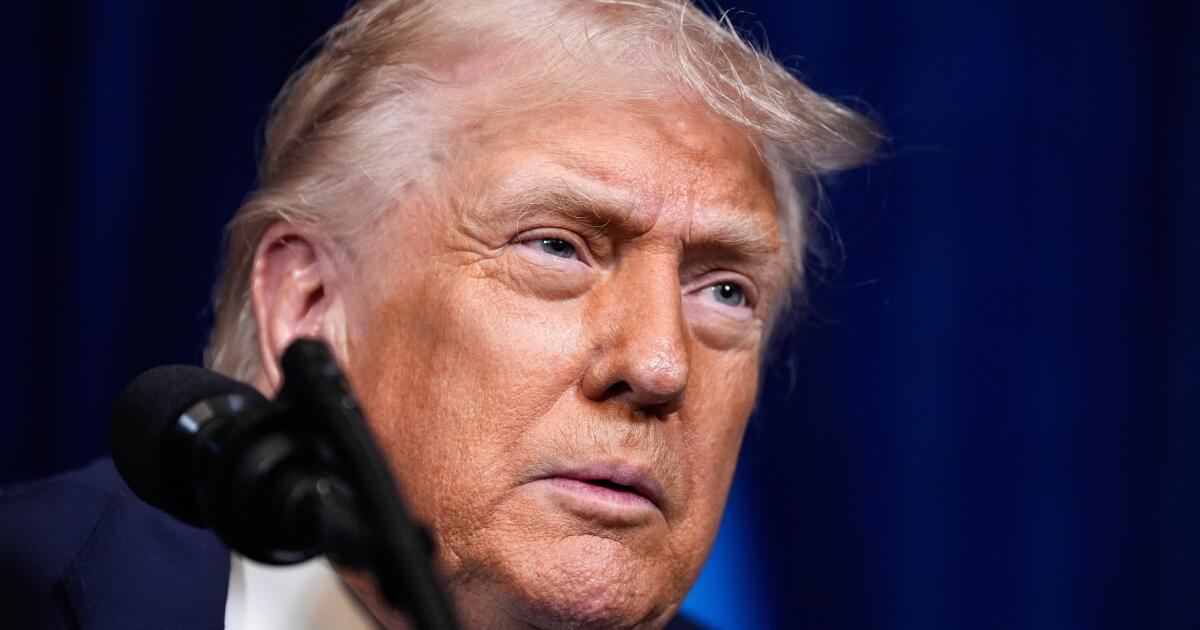Trump administration terminates lease for Washington’s 3 public golf courses
WASHINGTON — The Trump administration has ended the lease agreement for three public golf courses in Washington, a move that offers President Trump an additional opportunity to put his stamp on another piece of the nation’s capital.
The National Links Trust, the nonprofit that has operated Washington’s three public courses on federal land for the last five years, said Wednesday that the Department of the Interior had terminated its 50-year lease agreement. The Interior Department said it was terminating the lease because the nonprofit had not implemented required capital improvements and failed to meet the terms of the lease.
While it was unclear what the Trump administration’s plans are for the golf courses, the move gives Trump, whose private company has developed numerous golf courses in the U.S. and abroad, the chance to remake links overlooking the Potomac River and in Rock Creek Park and a site that is part of Black golf history.
Officials for the National Links Trust said in a statement that they were “devastated” by the decision to terminate the lease and defended their management of the courses. They said $8.5 million had gone toward capital improvements at the courses and that rounds played and revenue had more than doubled in their tenure managing the courses. The nonprofit has agreed to keep managing the courses for the time being, but long-term renovations will stop.
“While this termination is a major setback, we remain stubbornly hopeful that a path forward can be found that preserves affordable and accessible public golf in the nation’s capital for generations to come,” the officials added.
The Department of the Interior’s decision comes as Trump rebrands civic spaces in Washington and deploys National Guard members to the streets for public safety. The Kennedy Center added Trump’s name this month after the center’s board of trustees — made up of Trump appointees — voted to change the name of the performing arts space designated by Congress as a memorial to John F. Kennedy. Trump is also in the midst of a construction project to build a ballroom on the White House’s East Wing, and he has put his name on the U.S. Institute of Peace.
Groves writes for the Associated Press.
